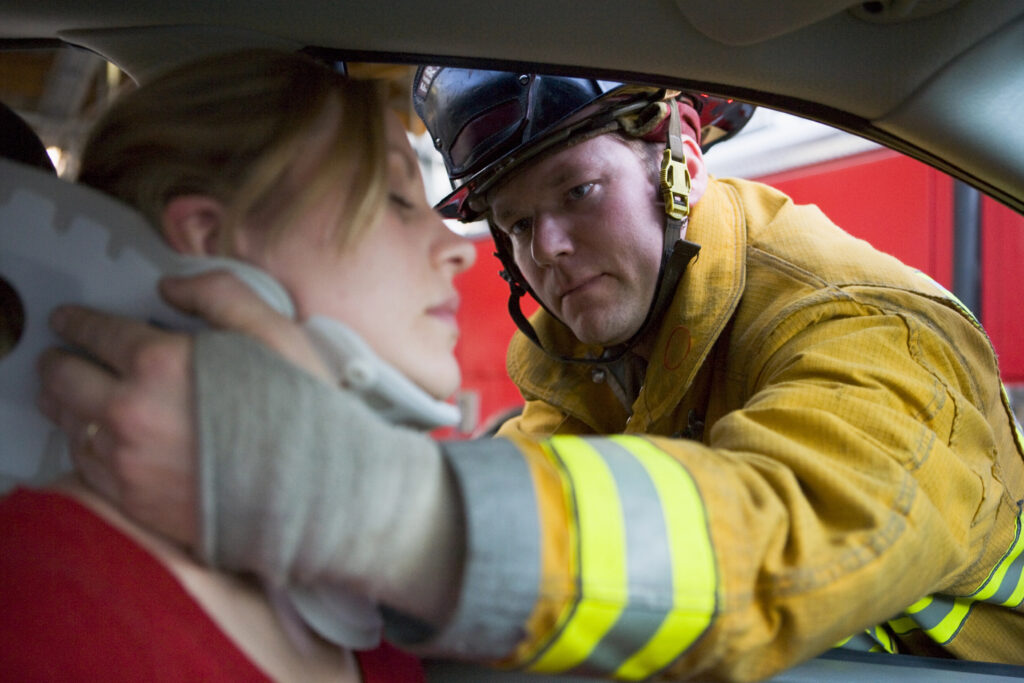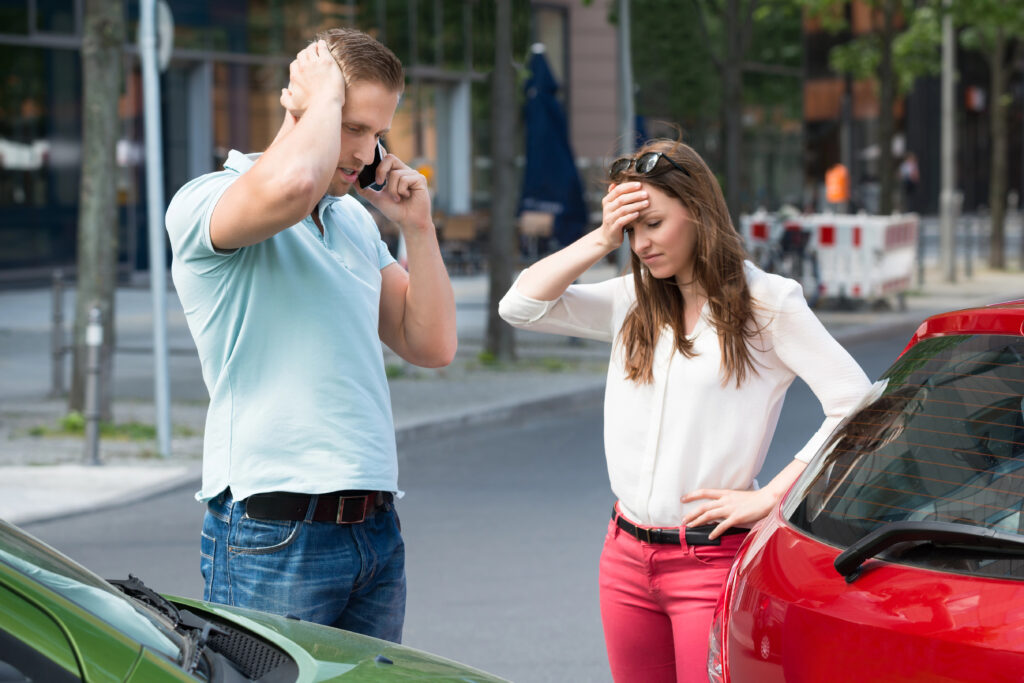What to Do If a Rideshare Driver Assaults a Passenger
Rideshare apps like Uber and Lyft offer a convenient way to get around. But what happens when a trusted service becomes the setting for an assault? Unfortunately, reports of passengers being sexually assaulted or physically assaulted by rideshare drivers are a growing concern nationwide. If you or someone you know has experienced this kind of violence, it’s critical to take immediate action to protect your well-being and your rights.
Whether the assault involved unwanted sexual contact, sexual harassment, or more serious physical and sexual assault, survivors deserve justice, support, and legal guidance. This page explains what steps to take after a rideshare assault and how to explore your legal options.

Immediate Steps to Take After an Assault by a Rideshare Driver
If you’ve been sexually assaulted or physically assaulted during a rideshare trip, your safety and health come first. Here’s what to do:
- Get to a safe place immediately.
- Call 911 and report the assault. Make a police report as soon as possible.
- Seek medical attention, even if you’re unsure about the extent of your injuries.
- Preserve any evidence. Avoid showering or washing your clothes before a medical exam.
- Write down details about the incident, including the driver’s name, license plate number, and the time and location of the trip.
- Report the incident through the rideshare app.
- Contact a law firm that handles sexual assault cases and rideshare assault lawsuits.
Understanding Legal Options in Rideshare Assault Cases
If you were assaulted by a rideshare driver, you may have grounds for a civil lawsuit against the individual driver and possibly the rideshare company. Civil lawsuits allow survivors to seek financial compensation for emotional trauma, medical bills, lost wages, and other damages related to the assault.
Depending on the details of your case, legal action may include:
- Filing a rideshare sexual assault lawsuit against the driver
- Pursuing compensation through a personal injury or civil lawsuit
- Holding the rideshare company accountable if it failed to conduct thorough background checks or ignored prior complaints
- Seeking damages for physical injuries, psychological trauma, and long-term emotional distress
An attorney experienced in sexual assault cases involving Uber and Lyft can guide you through the legal process and explain your rights.
Can the Rideshare Company Be Held Liable?
Rideshare companies like Uber and Lyft often argue that their drivers are independent contractors and not employees. However, courts have increasingly examined whether these companies share responsibility in cases involving sexual assault or sexual harassment.
A rideshare company may be held liable if:
- It failed to conduct or update background checks
- It ignored or mishandled previous complaints about the driver
- It failed to implement adequate safety measures to protect passengers
- It misrepresented the safety of its platform in advertising or app features
Rideshare sexual assault survivors may also reference publicly available safety reports and internal company documents to support claims of negligence.
How Common Are Rideshare Sexual Assaults?
Uber and Lyft have released safety reports acknowledging thousands of reported incidents involving sexual violence and other forms of assault. These include allegations of indecent exposure, unwanted touching, and sexual abuse by rideshare drivers.
Many survivors have filed lawsuits against Uber and Lyft for failing to provide a safe alternative for transportation. These lawsuits allege that the company knew or should have known that dangerous drivers were operating on their platforms.
Legal action helps survivors seek justice and holds rideshare companies accountable for their role in enabling violent crimes.

How a Lawyer Can Help Assault Survivors
If you were sexually assaulted or physically assaulted during a rideshare trip, a lawyer can help you:
- Gather evidence, including trip records, background checks, and witness statements
- Coordinate with medical professionals and therapists to document injuries
- File civil lawsuits against both the driver and the rideshare company
- Navigate the legal process while protecting your privacy
- Pursue compensation for emotional suffering, physical harm, and medical expenses
Legal representation is essential in these cases. Rideshare companies have teams of defense lawyers and insurance companies working to limit their liability. Having your own legal team ensures that your voice is heard and your rights are protected.
Learn more about what to do if a rideshare driver assaults a passenger. Call Greenstein & Pittari, LLP at (800) 842-8462 to schedule your free, no-obligation consultation. You can also reach us anytime through our contact page. Let us help you take the first step toward safety, justice, and recovery.
FAQ: Rideshare Assault Cases
Can I sue Uber or Lyft if I was assaulted by a driver?
Yes. If the company failed to perform adequate background checks or ignored prior complaints, you may have grounds for a rideshare sexual assault lawsuit.
What damages can I recover in a rideshare assault case?
You may be entitled to compensation for medical bills, therapy costs, emotional trauma, lost wages, and more.
Is reporting the assault to the app enough?
No. You should also file a police report and consult a lawyer. Reporting through the app does not protect your legal rights or begin the legal process.
Do I need a lawyer to file a rideshare assault lawsuit?
Yes. These are complex cases involving powerful companies and sensitive legal issues. A lawyer can guide you through every step and help protect your privacy and legal rights.
What if the driver was not convicted of a crime?
You can still file a civil lawsuit. Civil lawsuits require a lower burden of proof than criminal cases and can result in financial compensation even without a criminal conviction.
